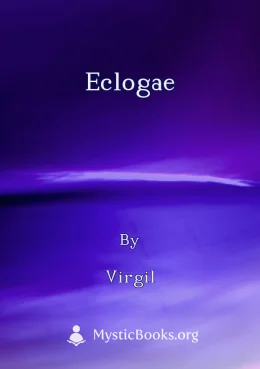
I Have Desired To Go
'I Have Desired To Go' Summary
Gerard Manley Hopkins's I Have Desired to Go is a collection of poems that explore the speaker's longing for heaven and his desire to be united with God. The poems are also rich in imagery from nature, which Hopkins saw as a manifestation of God's love and creativity.
In the poem "I Have Desired to Go," the speaker expresses his desire to be in a place where there is no pain or suffering, where the beauty of nature is eternal, and where he can be close to God. He writes:
I have desired to go
Where springs not fail,
To fields where flies no sharp and sided hail
And a few lilies blow.
The speaker's longing for heaven is also evident in poems such as "God's Grandeur" and "Pied Beauty." In "God's Grandeur," the speaker sees evidence of God's greatness in all of creation, from the "world's wildfire" to the "boughs of a larch's lace." In "Pied Beauty," the speaker celebrates the diversity and beauty of God's creation, from the "plump dapple-dollar" to the "dazzle-dancing dew."
Hopkins's poems also explore the speaker's struggles with faith and doubt. In poems such as "The Wreck of the Deutschland" and "No Worst, There is None," the speaker grapples with the question of how a loving God can allow suffering in the world. In the end, the speaker comes to believe that God's love is ultimately redemptive and that suffering can have meaning in the context of God's plan.
Hopkins's poems are also known for their use of sprung rhythm, a metrical system that he developed. Sprung rhythm is based on the natural rhythm of speech, and it allows Hopkins to create a sense of energy and movement in his poems. For example, in the poem "Spring," Hopkins uses sprung rhythm to capture the vitality and exuberance of the natural world:
Nothing is so beautiful as Spring—
When woods are green, and birds do sing,
And flowers bloom, and all things make
A joyful noise for Spring's sweet sake.
I Have Desired to Go is a powerful and moving collection of poems that will stay with readers long after they finish reading it. It is a must-read for anyone interested in religious poetry, nature poetry, or simply beautiful and well-crafted language.
Here is a brief overview of the story of the book:
The poems in I Have Desired to Go are not arranged in a chronological order, so it is difficult to say definitively what the story of the book is. However, many of the poems can be read as a journey of the soul, from doubt and despair to faith and hope.
In the early poems of the collection, the speaker is struggling with his faith. He sees the suffering in the world and questions how a loving God can allow it. However, over the course of the book, the speaker comes to believe that God's love is ultimately redemptive and that suffering can have meaning in the context of God's plan.
The speaker's journey is also reflected in his relationship with nature. In the early poems, the speaker sees nature as a beautiful but indifferent force. However, in the later poems, the speaker comes to see nature as a manifestation of God's love and creativity.
The final poem in the collection, "Ite Ad Vineam," is a call to action. The speaker urges his readers to go out into the world and spread the good news of God's love. He writes:
Go forth, my song, upon your way:
Go forth and sing, and teach, and say
God's love is strong, God's ways are true,
God's love is strong, God's ways are true.
I Have Desired to Go is a complex and challenging book, but it is also a deeply rewarding one. Hopkins's poems offer readers a glimpse of the beauty and mystery of the world and a reminder of God's love for all creation.
Book Details
Authors
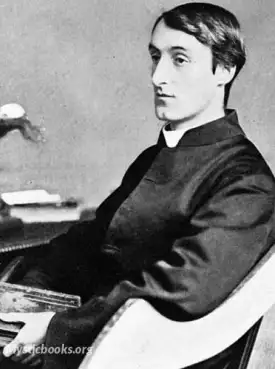
Gerard Manley Hopkins
United Kingdom
Gerard Manley Hopkins was an English poet and Jesuit priest, whose posthumous fame placed him among the leading Victorian poets. His manipulation of prosody – parti...
Books by Gerard Manley HopkinsDownload eBooks
Listen/Download Audiobook
- Select Speed
Related books
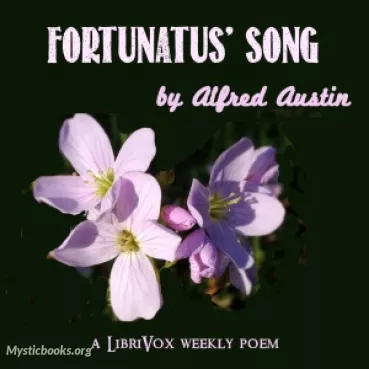
Fortunatus' Song by Alfred Austin
"Fortunatus' Song" is a poem about the pursuit of happiness and the dangers of materialism. Fortunatus' Song is a poem by Alfred Austin about the pur...
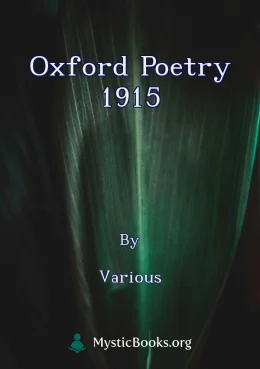
Oxford Poetry 1915 by Various
Published in 1915, "Oxford Poetry" is an anthology featuring works by a diverse range of poets associated with Oxford University. The collection refle...
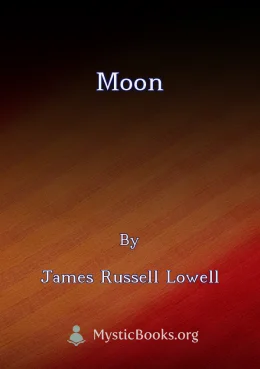
Moon by James Russell Lowell
“The Moon” is a lyrical poem by James Russell Lowell, exploring the moon's enduring presence in the night sky and its profound impact on human emotion...
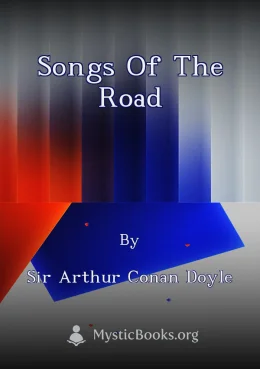
Songs of the Road by Sir Arthur Conan Doyle
This is a collection of poems written by the famous author Arthur Conan Doyle, who is best known for creating the detective Sherlock Holmes. This coll...
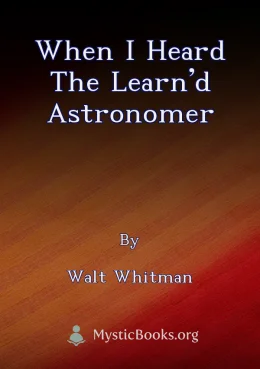
When I heard the Learn’d Astronomer by Walt Whitman
“When I Heard the Learn’d Astronomer” is a short poem by Walt Whitman, originally published in the 1860 edition of *Leaves of Grass*. It reflects on t...
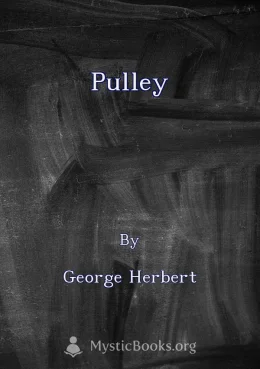
Pulley by George Herbert
LibriVox volunteers bring you 11 different recordings of The Pulley by George Herbert. This was the weekly poetry project for the week of June 15th, 2...
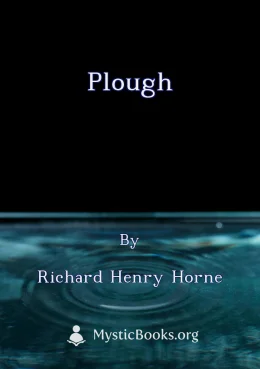
Plough by Richard Henry Horne
LibriVox volunteers bring you 8 recordings of The Plough by Richard Henry Horne, published in "The Oxford Book of English Verse: 1250–1900" in 1919. T...

Dirge for the Year by Percy Bysshe Shelley
In Percy Bysshe Shelley's haunting and evocative poem, "Dirge for the Year," the passing of the year is not merely a seasonal change but a profound tr...
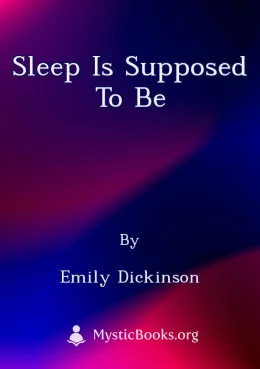
Sleep Is Supposed To Be by Emily Dickinson
This book is a collection of poems by Emily Dickinson that explore the nature of sleep, dreams and the subconscious mind. Through her unique and evoca...
Reviews for I Have Desired To Go
No reviews posted or approved, yet...
